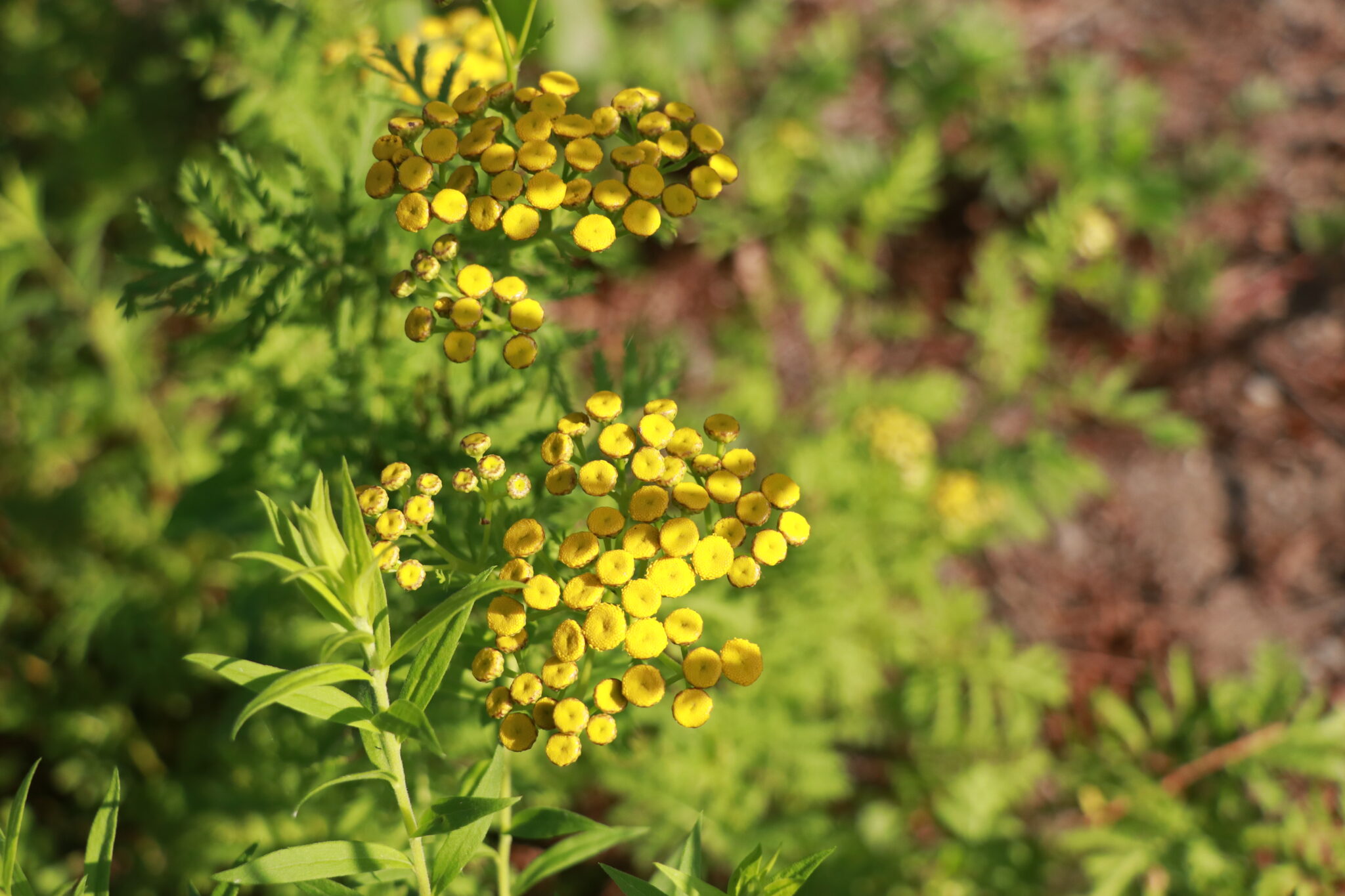Posts by Grief Stories
Chantal – The benefits of the physical part of art making
Chantal – The benefits of the physical part of art making
Chantal talks about how art can release energy in a healthy cathartic way
Chantal – Anticipatory grief
Chantal – Anticipatory grief
Chantal defines antipatory grief and the grief before the physical loss
Chantal – Giving space
Chantal – Giving space
Chantal discusses how it is good and honouring to the one you’ve lost to give space and feel everything
Chantal – Physical symptoms and grieving
Chantal – Physical symptoms and grieving
Chantal talks about panic attacks and thinking she was having a heart attack
Chantal – What is art therapy?
Chantal – What is art therapy?
Chantal explains how art therapy helps us express in ways that words can’t
Chantal – My Story
Chantal – My Story
Chantal discusses finding a release in doing a graphic novel to explore her grief as a thesis in art therapy school
Weathering the Intense Emotions of Grief
Post by Maureen Pollard, MSW, RSW
Grief often comes with powerful, unpredictable emotional shifts that can be painful to experience. While it’s important to find ways to sit with these feelings, to acknowledge the pain of grief and accept loss, it’s also necessary to find ways to ease and manage the pain. There are several simple activities that you can explore to help.
Ground Yourself in the Present
Use your senses to remind you that you are safe, here and now. When we are feeling intense emotions we are often caught reliving a moment in the past, or we are fretting over some anticipated event in the future. We can’t undo the past and we can’t control the future, which only intensifies these difficult feelings. When you use your senses, it pauses your racing thoughts and can help calm the turbulent feelings.
Notice the things in your environment you can see. Count the number of items that begin with the letter A, then the letter B, or count the number of green things.
Notice what you feel around your body. Sense the ground under your feet, the chair under your bottom, the clothes against your skin, the sun on your cheeks, or the breeze in your hair.
Notice what you hear. Voices. Background noises of the building such as the furnace or a fan or the hum of fluorescent lights. Music. Nature sounds.
Notice what you smell. Is the air stale or fresh? Is there some overpowering smell, or not much smell at all?
Notice if you have a taste in your mouth. Is it the sweetness or savoury taste of something you just ate, the minty freshness of toothpaste or gum, or perhaps the sour taste of morning breath.
Breathe.
A deep slow breath can activate the calming centre of our nervous system. When you breathe deeply and exhale slowly, you set off a cascade of calming chemicals in your brain that help ease tension and stress.
Try 4-7-8 breathing. Inhale as you count to four. Hold your breath for a count of seven. Exhale as you count to eight. Repeating this breath three times takes less than one minute, and when you practice it often you develop a muscle memory that helps you access this deep, slow breath during times of strife.
Indulge in Self Care
Enjoy a cup of your favourite herbal tea or soup. Take a hot bath, perhaps adding Epsom salts. Or a shower with your favourite body wash. The warmth and scent of these activities will work together to activate the same calming centre in your nervous system that is affected by deep, slow breathing.
Plan Intentional Change
Sometimes our routines cue us to experience distressing memories and disturbing thoughts and feelings. When this is the case, it can help to examine your schedule and activities. What seems to upset you? Is there a way to pause the activity or shift it to another time of day to try to break the connection with the difficult experience?
It’s true that we can’t help our thoughts and feelings. It’s also true that we can develop responses to the experience of intense grief that help us feel more in control as we heal.
Claudia – Art, art as therapy and art therapy
Claudia – Art, art as therapy and art therapy
Claudia discusses the definition of therapy and how art therapists are formally trained.
Claudia – You do not have to be an artist to do art therapy
Claudia – You do not have to be an artist to do art therapy
Claudia explains why you do not have to be an artist to benefit
Claudia – Working with an art therapist
Claudia – Working with an art therapist
Claudia how all art making is theraputic and working with an art therapist amplifies the process in a positive way
Claudia – Art and coping with grief and loss
Claudia – Art and coping with grief and loss
Claudia talk about how art is especially beneficial for someone coping with grief and loss
Claudia – My story
Claudia – My story
Claudia tells her story about art and grief

